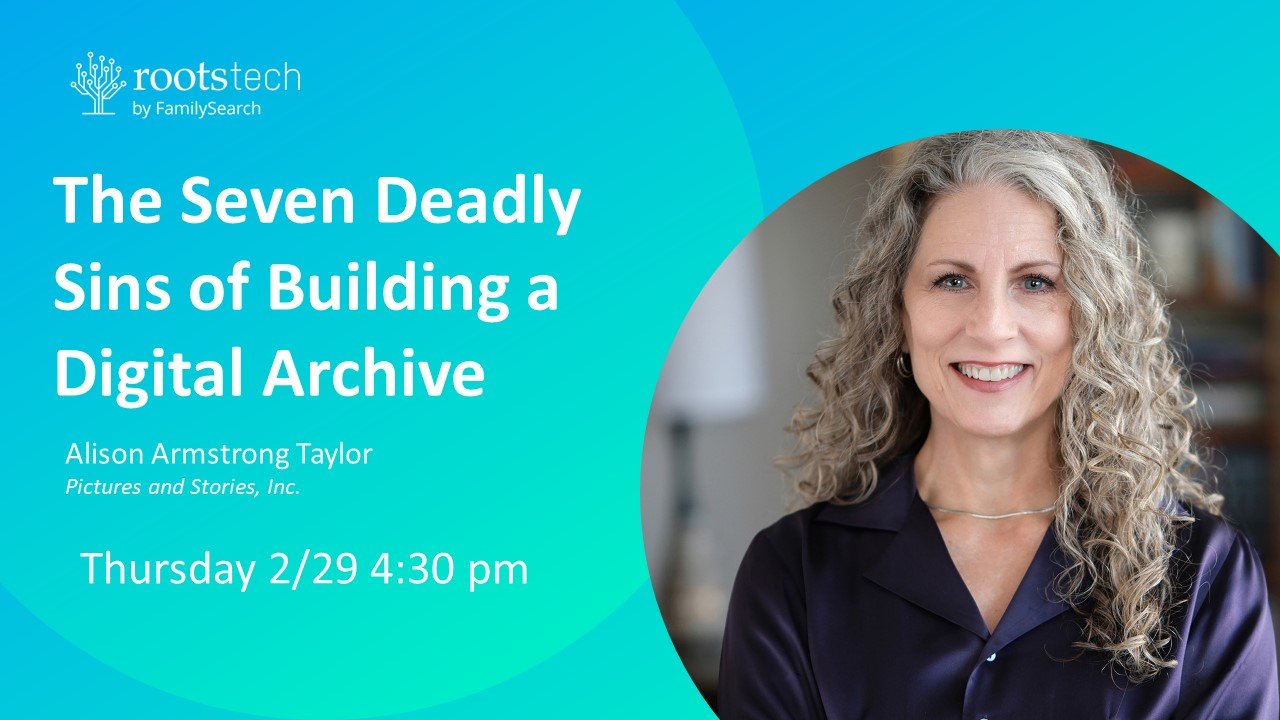We get asked this question a lot, and Tom always has a snarky answer: "The day before you die, so nothing gets left out." Then he goes on to give a more helpful answer, which is: NOW.
We have helped people of all ages to record their life stories. But to be honest, life story writing is more often done by those "of a certain age." Why? Because in order to take on any major project in life, one has to feel some sense of urgency or a deadline, or said project will keep getting shuffled to the bottom of the to-do list (often for years on end).
That is why most of our clients are closer to the end of their lives than the beginning. They feel that they suddenly need to get this done, whether in time for a milestone birthday, or because they feel that their time (or memory) is running out.
This is only natural. The problem is that none of us know how long we've got. We have, unfortunately, had clients pass away in the middle of a book project; others have waited too long, their memories too scant to capture (in which case we can fill in the blanks by interviewing friends and family members, but it's not quite the same).
Here are some things to ask yourself while you decide when to embark on a life writing project:
Am I too young to write about my life?
The answer to this question is always no. Even if Sally is not ready to publish her memoirs at age twelve, her twelve-year-old perspective is valuable and interesting as is. So if you know a young person, encourage him or her to start writing down some things now. Those twelve-year-old musings can act as memory triggers in later years, and can even be included in with later life story writings.
How is my physical and mental health right now?
If you are in relatively good health and your memory is intact, then now is the best time to get started (and finished). If your health/memory is declining and yet you feel an urgency to get the stories down while you still can, consider enlisting the help of children, friends, or family members.
I'm only 40 (or 50/60/70) and I still have a lot of years left. Shouldn't I wait until I'm closer to the end of my life?
One of the benefits of waiting until later in life to record your stories is the added wisdom and perspective you have about the events of your life. Middle age is a great time to begin, because you're old enough to have perspective but you still have the health and vigor to do it well.
But what do I do about the rest of my life that comes after I've published a book?
Consider creating multiple smaller volumes. Choose a segment of your life (your childhood, a particularly challenge you've overcome, or a life-altering travel experience) to write about and do a smaller book just about that. Then pick another segment later, and keep going until you've run out of life to write about. That way you're not waiting until most of your life is gone to share your best experiences, and you can do as many addenda as you like. But if the unexpected happens, at least your loved ones will have some of your life stories, which is better than none at all!
Is it too late to record a history of someone who's already passed away?
Of course, we would love for every person to write a first-person account of his life's most important experiences while he is still living . But a posthumous account, especially if prepared by children or others who were close to the deceased, is valuable and well worth doing.
I have a blog (facebook page, ancestry.com account, instagram, fill in the blank). Why is it important to make a hard copy of something?
1) Because a paper book is more easily accessible and doesn't rely on electricity, a wi-fi connection, or an up-to-date device. When you die, will someone easily have access to your blog? Will it continue to be valuable? Your book will.
2) The best kind of book is a smaller, curated one. If you take a little time to sift the best and most important nuggets out of the daily stream of chatter, they will be more accessible and more appreciated.
(Check out this recent NYT article.)
Trust us; don't wait.
I wish I had a penny for every time I've heard someone say, "I wish I'd asked my (mom/grandma/favorite auntie) more questions when she was alive." Don't leave a loved one to wish that of you.



